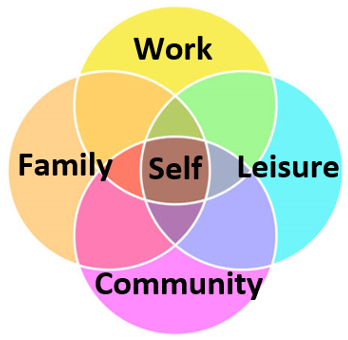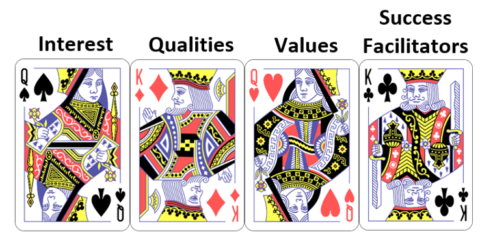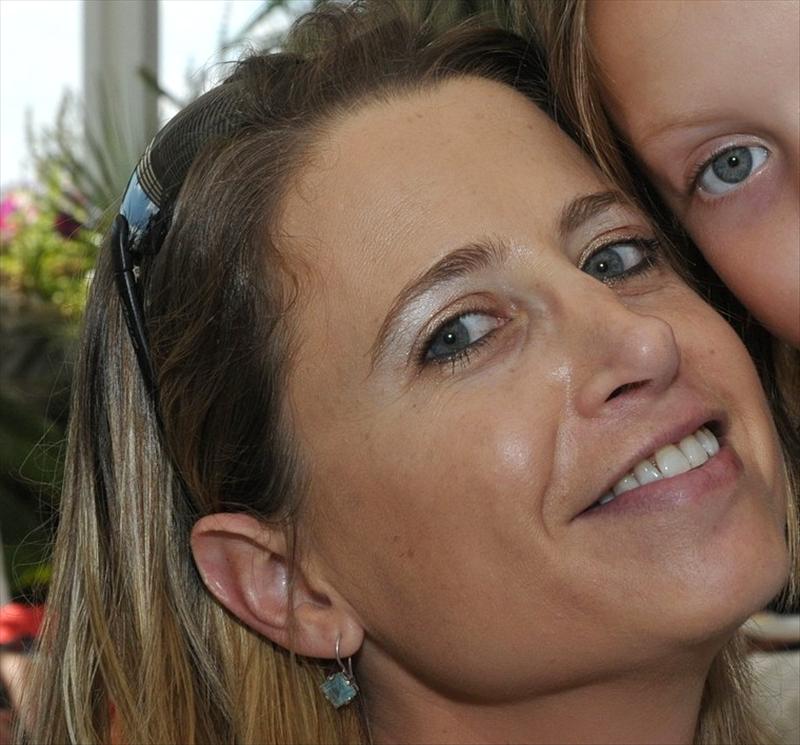16
May 2022
Career Changes as Realization of Individual Occupational Identity
WIF Alum Tal Korman (Class 14)
What Is This Service to You?
The story goes that at the age of five, I got my first job offer, and then promptly turned it down. Shimon, the father of one of the boys in my kindergarten class, witnessed me passionately pleading a case before one of my friends and told me, “When you grow up, you go study law and come work with me.” My response was: “And what is it that you do?”
“I’m a lawyer,” answered Shimon. “What kind of lawyer?” I asked. “Just an ordinary one,”’ he replied. “Well then, I shall not work with you,” I replied resolutely. “I want to do something extraordinary.”
As it turns out, we were both right. I embarked on law studies at a (much too) early age, as part of the pre-military academic program, where I made my first career steps as a military advocate. Since then, my career choices have led me through some unexpected paths, and my career changes eventually landed me in the field of career consultancy.
And yet, my current occupation is in essence very similar to my initial career choice. The second job offer I got was at the age of 14: the school counselor suggested that after school hours I teach children with learning disabilities. When I replied that I did not believe I had the skills for the task, she determined, “You have everything it takes – you love people.”
That job opened for me a whole new world of discourse with children on topics such as their dreams and aspirations, how they perceive those barriers in their way, who or what defines these barriers, and how they could be overcome by tapping into their unique strengths. In hindsight, this interest that I pursued throughout my high-school years led me to become a member of a founding team that turned the school into a learning center for some 400 students with learning disabilities. This passion had come to define the very core of my occupational identity – supporting people through their personal developmental processes. This initial choice, which sprouted from a place devoid of expectations and social constructs, holds true for me this day.
This is a common phenomenon among those who arrive at my clinic for consultation. Accurate career changes reference initial choices that have been made in early life stages, facilitated by a connection to an occupational identity in its process of forming. Commonly, career changes result from incompatibilities between a current occupation and one or more foundations of one’s occupational identity. This may be a result of changes in one’s responsibilities at work or from personal development that affects the entire fabric of our self-identity.
Modern perceptions relating to career view it as an intrinsic part of our general lifestyle, of which only one aspect is our occupational choices. This approach is commonly represented by four interfacing life cycles as follows:
Additional circles may be included such as romantic relationship – if independent from nuclear family – or health (such as the case with disabled war veterans, who view health as part and parcel of their self-identity).
The choice of an occupational direction, or the change thereof, places the question of occupational identity front and center in relation to the tapestry of the additional identities, or life roles, we each have.
At any given moment, we play more than one role in life. We’re parents, siblings, friends, athletes, hobbyists, spouses, and much more. Being an employee is one of these roles and it gains a different meaning, scope, and significance over time. For example, starting a family commonly shifts the center of gravity in our lives from employee to parent. The dissolution of the family unit – divorce – or even children growing up and leaving the house can create a shift as well.
Life changes and decision-making junctures lead one to reexamine personal perceptions and give rise to questions of identity in general and occupational identity in particular.
According to a model I have co-developed with Mrs. Iris Agam-Kochavi, Professional Director of Movilot, Occupational Leadership for Haredi Women, and which I often use in my consultation processes, our occupational identity comprises four foundations that can be associated with a form of four playing cards as follows:
 In diagnosing one’s occupational identity, I implement the narrative approach, which focuses on one’s personal story as the basis for choices and development, and which offers the following added value:
In diagnosing one’s occupational identity, I implement the narrative approach, which focuses on one’s personal story as the basis for choices and development, and which offers the following added value:
- An opportunity to form a promoting personal narrative that contributes to one’s self-efficacy.
- The identification of meaningful life themes.
- The identification of one’s personal occupational identity, by understanding one’s methods of coping with various life tasks.
- Assignment of context to choices made in important crossroads and the perception of the current occupational choice as the writing of the next chapter in a story, wherein many chapters have been written and many are yet to come.
The power of career changes in the new occupational world, which emphasizes abilities and projects rather than skills and trades, lies in the fact that nothing is ever lost. Even in the face of changing the world of content and the nature of the employment structure, we can incorporate into these the various abilities we’ve gained, which allow us to offer our own unique added value.
The core of my occupational identity is the support of people in their personal process of development. My own career changes are distinct in the manner of their realization. This played a role in all of the positions I held – from Director of The Association of Rape Crisis Centers in Israel to Director of Israel’s AIDS Task Force to Director of a Center of Public Interest Law, and Head of the Ministry of Justice’s Southern District of Legal Aid Department, up to my current role as a career consultant, assisting people in their search for values, satisfaction, and meaning in their professional life.
Every day, I bring with me to the consultation room my unique journey, in which the love of mankind is (almost) all that is needed.

Photos provided by the author.
Get To Know The Author
WIF Alum Tal Korman (Class 14) is an independent career development consultant who works with organizations promoting vocational leadership among underprivileged women, as well as with individual clients. Tal is also chairwoman of the WIF Alumni community.
